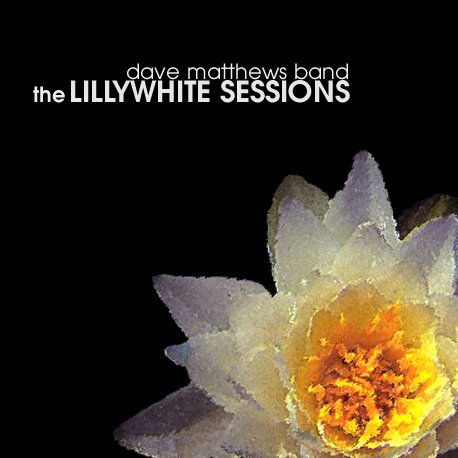An eagerly anticipated rendezvous with Steve Lillywhite on Records & Riffs is finally here. The man whose name has become, for some, synonymous with one of the most infamous almost-was albums that, alas, never could be. Lillywhite is a well-respected producer, among the more distinguished in music history. A Grammy-winning sonic architect, he’s helped shape the careers of so many.
Yet it’s his time with Dave Matthews Band that still stands among his most distinct work. So, after three highly successful collaborations with the group in the 1990s, Lillywhite again gathered with the quintet in early 2000 to record DMB’s exceptionally anticipated fourth studio album.
Notoriously, that set never got made to completion with Lillywhite. In this episode, he explains why it didn’t work, why he believes it’s his fault, and reflects on how he was fired. Despite the orphaned status of The Lillywhite Sessions, plenty still view the tossed-away recordings — which came to be dubbed The Lillywhite Sessions after they were nefariously leaked on the internet in March of 2001 — as a project that, had it been completed, would have at minimum been sitting at the table with Under the Table and Dreaming, Crash and Before These Crowded Streets as the best work of the band’s career. There are some who believe the project could have legitimately competed to be the best record the band ever made if it was seen through.
I wanted to do this podcast miniseries because 1) a sizable portion of DMB’s base is still enamored with the mystery and what-if elements of the sessions; the project still carries significance for hordes of fans more than two decades on, and 2) it’s fascinating to reflect back on where the music industry was at the time and how this incident resonated across that world. Here’s a story, perhaps a cautionary tale, that’s unique to the music business. The saga of The Lillywhite Sessions put record companies, producers and artists even more on high alert in the years to come. In some ways, the piracy and leaking epidemic of the 2000s spawned the surprise-release tactic deployed by many big artists in the 2010s.
How often do fans get access to something like what The Lillywhite Sessions was? Almost never. While official albums leaked with clockwork-like regularity from about 2000 through the mid 2010s, demo sessions and to-be-determined albums under nurturing basically never got out. This was different. World-rattling, in a way. The fact it happened with DMB speaks to the fan base (for better and worse, it could be argued), the legitimacy of the art (that was still incomplete, mind you) and an ominous foreshadowing for internet culture and catfishing that was creeping up over the horizon.
While not impossible, it’s hard to see a situation like what DMB went through ever being repeated. That era of the internet is never coming back, and the way albums are produced, safeguarded and released is much different in the 2020s. That in mind, it’s all the more worth reflecting on.
The songs, oh by the way, have poignant artistic merit. This is a compelling and moving bit of songwriting by a group in the throes of one of its most fertile and creative processes, even if that process was fraught. The leak is a morally complicated thing, but once it was out, there was no putting a genie back in the bottle. We can celebrate the art here, because it deserves praise.
I thought Lillywhite’s grades and evaluations of the tracks were pretty interesting, too. He identifies three of the 12 as being effectively finished and in need of nearly no tweaking. Conversely, only three of the other nine did he say were up to be chopped, if the record were to get cut down from 12 tracks to maybe 11 or 10.
This was a joy to finally get to record. My thanks to Lillywhite for linking back up. Whether you’re a DMB fan or not, I hope you like this one as the look into the process of making a record and what can spoil the batch. And if you’d like some companion listening, The Lillywhite Sessions can be found on YouTube here. You can subscribe the podcast on Apple Pods here.

